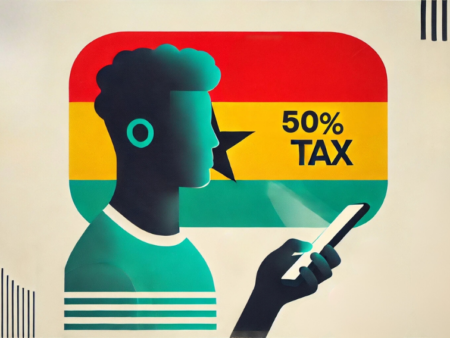In a recent gathering at the Uganda Revenue Authority (URA) Headquarters, the Uganda Lotteries and Gaming Regulatory Board (LGRB) convened with gaming operators to discuss pressing concerns and potential collaboration opportunities. This meeting, featuring key industry players, delved into several pivotal issues shaping Uganda’s gaming landscape.
One of the foremost issues raised during this gathering was the taxation framework within the gaming sector. Operators called for reforms in the withholding tax (WHT) system, specifically suggesting that WHT should be applied solely to the actual won amount, excluding the stake.
Furthermore, some operators including the leading betting sites in Uganda, proposed an alternative model: replacing WHT with a minor percentage increase in the Betting Tax. The goal is to establish a tax structure that aligns more effectively with the unique dynamics of the gaming industry.
Anti Money Laundering (AML) Act: Banking Challenges
Operators voiced concerns about their interactions with tier 1 and tier 2 banks, citing difficulties arising from perceived over-regulation due to the Anti Money Laundering (AML) Act. They claimed that these challenges, at times, led to operational disruptions, including the freezing and unfreezing of bank accounts. To address these issues, participants urged the Gaming Board to collaborate with the Bank of Uganda and the Financial Intelligence Authority (FIA).
Integrating with the Central Monitoring System (CMS)
CEO Denis Mudene underscored the importance of iGaming operators providing accurate API integration documents for the central monitoring system (CMS). This integration would facilitate real-time tax collection. Operators were cautioned that failing to integrate by the year’s end could result in non-renewal of their licenses.
Legislative Amendments: Extending License Timelines
Mudene informed operators that a series of amendments addressing their concerns were currently under development. Of particular note was a proposal to extend license timelines from one year to five years. This change aims to simplify operator tax and compliance requirements, offering more stability and predictability in their operations.
Promoting Responsible Gaming
Mudene encouraged operators to engage in initiatives promoting responsible gaming. He stressed that such efforts could help reshape the industry’s image among lawmakers and society at large, potentially garnering greater understanding and support for proposed changes.
URA’s Appreciation and Collaborative Efforts
The Commissioner General of URA expressed gratitude for the significant contributions of gaming operators through tax revenues, emphasizing their role in advancing the country’s development. He called on iGaming operators to integrate with the central monitoring system (CMS). This move would streamline tax collections and reduce the need for extensive audits, allowing operators to focus on other operational enhancements.
Additionally, the URA presented informative tax-related infographics detailing penalties imposed on companies, gaming tax rates, e-licensing, and revenue categories that operators must accurately declare. These initiatives aim to enhance tax compliance and create a more streamlined operational environment within Uganda’s gaming industry.
As Uganda’s gaming industry seeks meaningful tax reforms and collaborates closely with regulatory authorities, the focus remains on crafting a tax framework that mutually benefits the government and operators while promoting responsible gaming practices. The outcome of these discussions will play a pivotal role in shaping the future of Uganda’s gaming sector.

